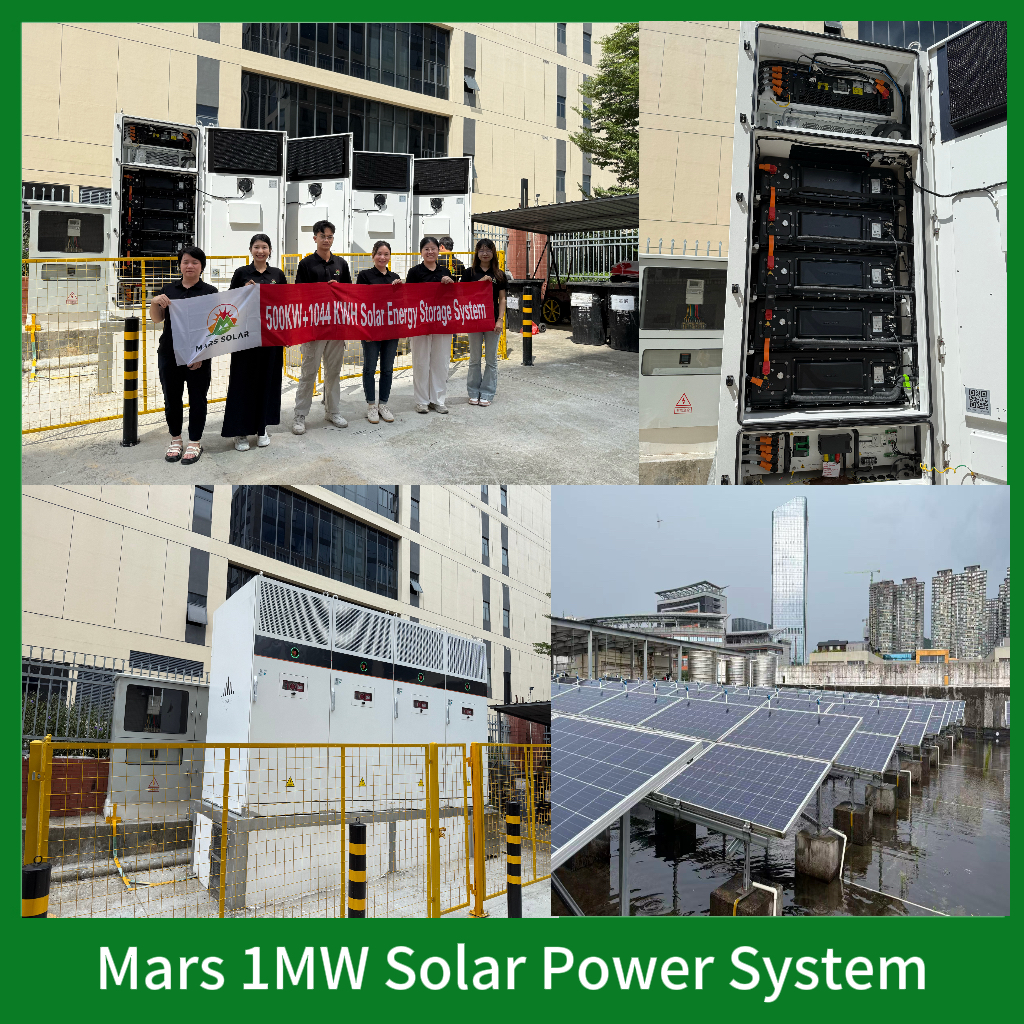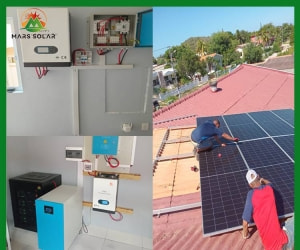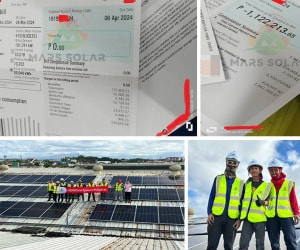Solar systems have revolutionized the way we harness energy from the sun. In simple terms, a solar system refers to the use of photovoltaic panels to convert sunlight into electricity. This sustainable and renewable energy source has gained immense importance in today's world due to its numerous benefits. With the growing popularity of solar energy, more and more homeowners are embracing this technology to power their homes.
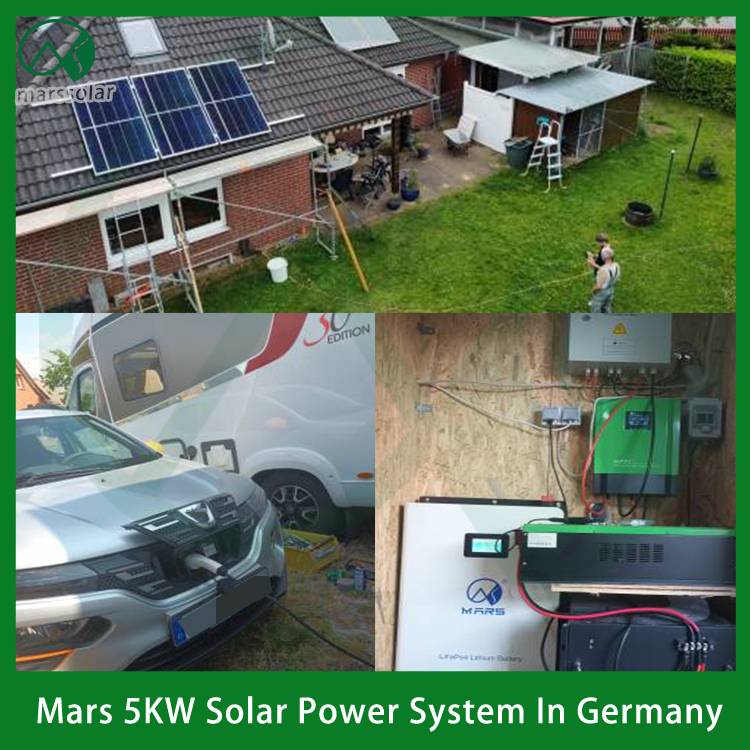
Benefits of Using Solar Panels
One of the most enticing advantages of using solar panels is the significant reduction in electricity bills. By generating your own electricity, you can reduce your reliance on the grid and save money in the long run. Additionally, solar energy is environmentally friendly and sustainable. Unlike traditional energy sources, solar power does not release harmful greenhouse gases, making it a clean and green alternative.
Moreover, governments around the world are offering incentives and tax credits to encourage the adoption of solar energy. These financial benefits make solar panel installation more affordable and appealing to homeowners. Furthermore, investing in solar panels can increase the value of your property. Studies have shown that homes equipped with solar systems fetch higher prices in the real estate market.
Another advantage of using solar panels is the opportunity for energy independence and grid resilience. By generating your own electricity, you are not dependent on the grid and its fluctuations. This can be especially beneficial during power outages or emergencies when the grid fails. Solar systems provide a reliable source of energy that can keep your home running smoothly.
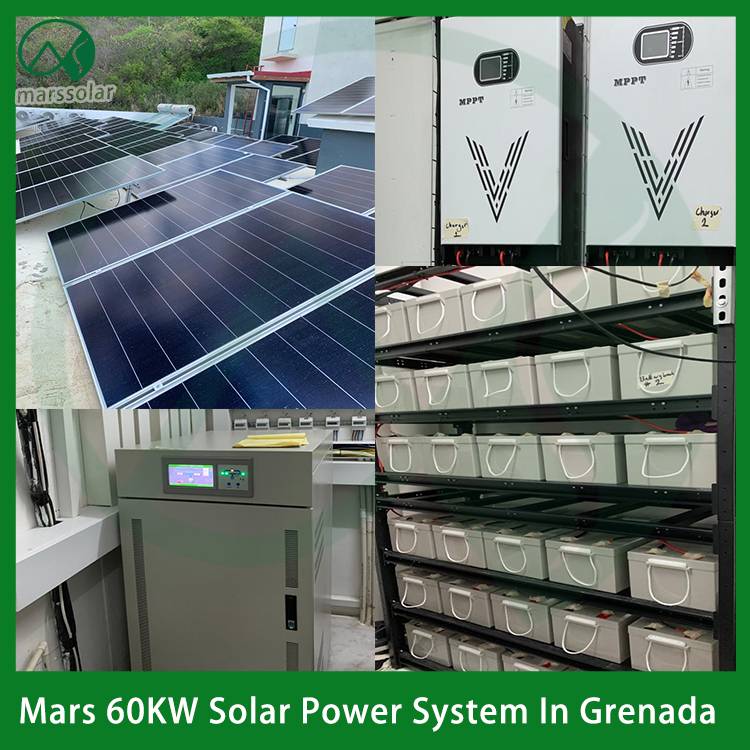
Components of a Solar Power System
To better understand solar systems, it's important to familiarize ourselves with the key components. The main component is the solar panel itself. There are different types of solar panels available, including monocrystalline, polycrystalline, and thin-film. These panels vary in efficiency and durability, allowing homeowners to choose the best option for their needs.
Inverters play a crucial role in a solar power system. They convert the direct current (DC) generated by the solar panels into alternating current (AC) that can be used to power appliances in your home. There are different types of inverters available, such as string inverters, microinverters, and power optimizers, each with its own advantages and suitability for specific installations.
Batteries are another important component of a solar power system, especially for those looking to store excess energy for later use. Batteries allow homeowners to maximize their energy consumption and minimize reliance on the grid during nighttime or cloudy days. Lithium-ion batteries are the most commonly used type for energy storage.
Mounting and racking systems are essential for the proper installation of solar panels. They ensure that the panels are securely mounted on the roof or ground, optimizing their exposure to sunlight. There are various options available for installation, including roof-mounted, ground-mounted, and tracking systems that follow the sun's movement throughout the day.
Installation Process of a Solar Energy System
The installation process of a solar energy system involves several steps. It begins with a site assessment to determine the best location for the panels and assess the solar potential of the area. This is followed by the design phase, where the system layout and specifications are finalized. Permits and regulations must be obtained to comply with local building codes.
Once the necessary approvals are obtained, the solar panels are installed on the roof or ground. This process requires professional expertise to ensure proper placement and wiring. The electrical connections are made to integrate the solar system with your home's electrical system. After installation, the system undergoes testing and commissioning to ensure it is functioning optimally.
Monitoring and maintenance are essential to keep the solar system running smoothly. Regular inspections and cleaning of the panels help maintain their efficiency. Monitoring systems allow homeowners to track the energy production and consumption, providing valuable insights into their solar system's performance.
-
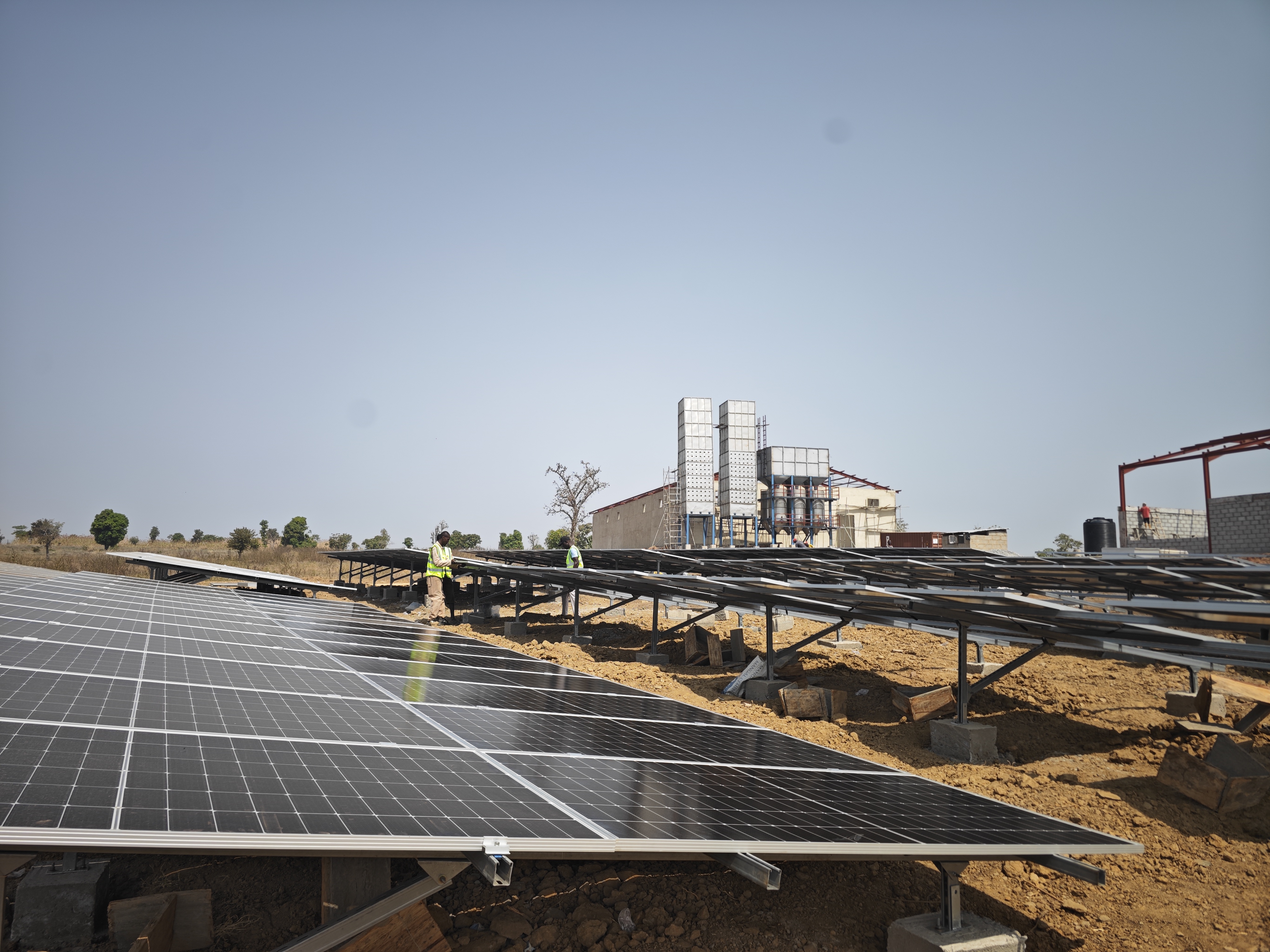 Case Study: 200kW Solar Power System Project for a Rice Mill in a Remote Area ofProject Overview This is a rice mill located in a remote area of Abuja, Nigeria. The local municipal power supply is unstable, and electricity tariffs have increased multiple times this year. Due to the unreliable grid power, the customer can only oper
Case Study: 200kW Solar Power System Project for a Rice Mill in a Remote Area ofProject Overview This is a rice mill located in a remote area of Abuja, Nigeria. The local municipal power supply is unstable, and electricity tariffs have increased multiple times this year. Due to the unreliable grid power, the customer can only operDo you like ?0
Read more -
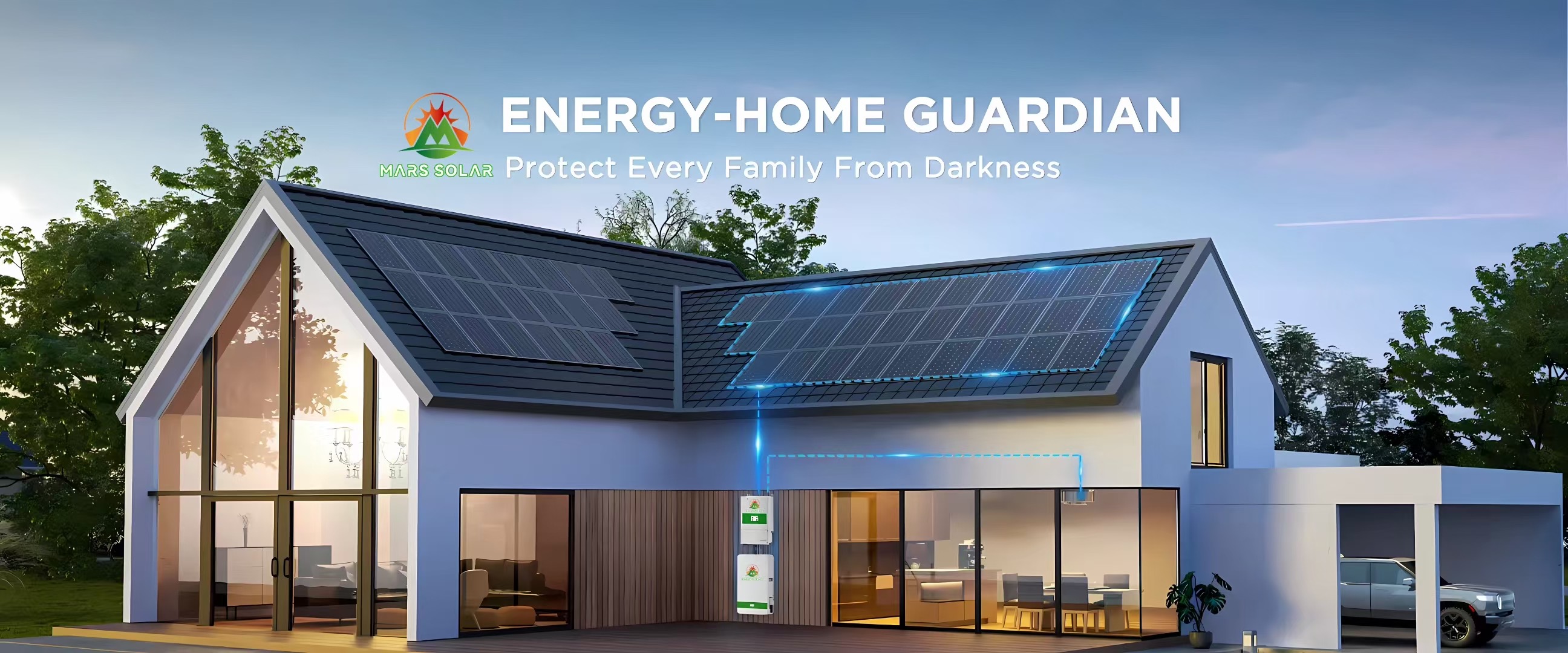 Solar PV System Expansion: Compatibility, Efficiency & Implementation Guide1. Background and Necessity Early-installed PV systems generally fail to meet the growing energy demands of modern households and enterprises. Compared with replacing the entire system, expansion is a more economical option—but the core question
Solar PV System Expansion: Compatibility, Efficiency & Implementation Guide1. Background and Necessity Early-installed PV systems generally fail to meet the growing energy demands of modern households and enterprises. Compared with replacing the entire system, expansion is a more economical option—but the core questionDo you like ?0
Read more -
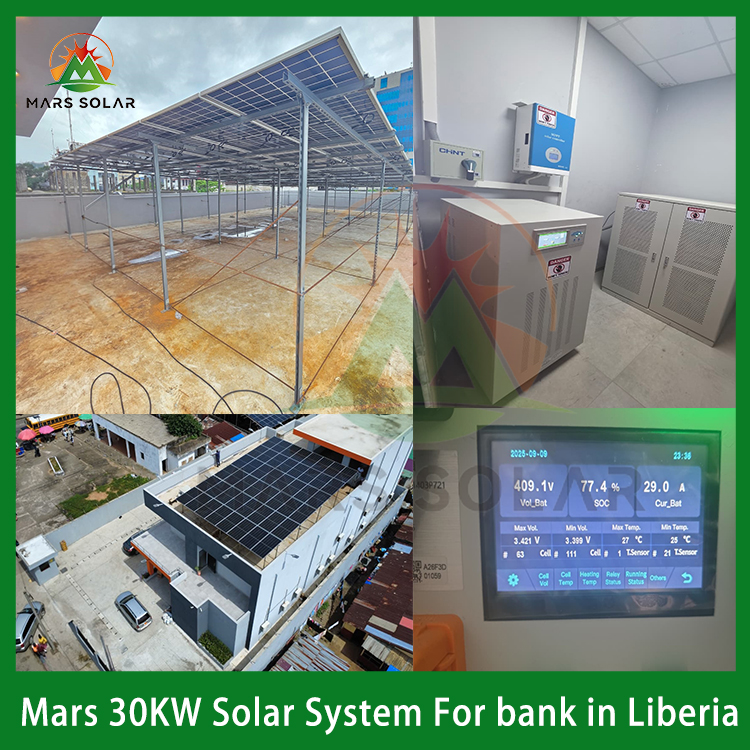 Customized Off-Grid Solar System for a Liberian Bank: Achieving Power IndependenWhen Banks Face the Challenge of "Grid Power Outages and Voltage Fluctuations": A Real-World Solution from Liberia In scenarios where the power grid is unstable and manual intervention is difficult, how to ensure the 24/7 stable operation
Customized Off-Grid Solar System for a Liberian Bank: Achieving Power IndependenWhen Banks Face the Challenge of "Grid Power Outages and Voltage Fluctuations": A Real-World Solution from Liberia In scenarios where the power grid is unstable and manual intervention is difficult, how to ensure the 24/7 stable operationDo you like ?0
Read more -
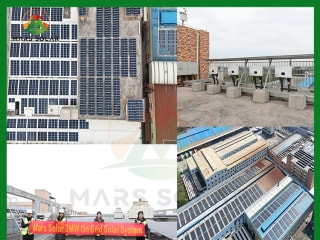 2MW Solar Panel System For Factory2MW mars solar grid-tied solar panel system for factory have designed, produced, and installed in a factory.How does Mars Solar build such a solar panel system for factory? 1. Data collection Before designing the plan, the factory owner vi
2MW Solar Panel System For Factory2MW mars solar grid-tied solar panel system for factory have designed, produced, and installed in a factory.How does Mars Solar build such a solar panel system for factory? 1. Data collection Before designing the plan, the factory owner viDo you like ?0
Read more -
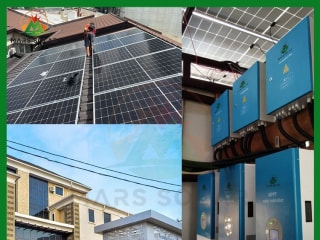 100KW Solar For Hotels And Resorts In NigeriaIn December 2024, the Mars Solar 100KW Nigeria solar for hotels and resorts project was successfully completed. In May 2024, the customer contacted Mars solar and had a series of communications on the solar for hotels and resorts project. The d
100KW Solar For Hotels And Resorts In NigeriaIn December 2024, the Mars Solar 100KW Nigeria solar for hotels and resorts project was successfully completed. In May 2024, the customer contacted Mars solar and had a series of communications on the solar for hotels and resorts project. The dDo you like ?0
Read more -
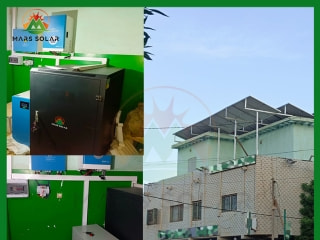 Reliable Energy Solutions for a Mali Pharmacy: 15KW Solar System Success StoryIn the heart of Mali, reliable electricity is a significant challenge, with power coming on for just 2 hours and then cutting off for 4 hours multiple times a day. This erratic power supply is particularly problematic for businesses that depend on consist
Reliable Energy Solutions for a Mali Pharmacy: 15KW Solar System Success StoryIn the heart of Mali, reliable electricity is a significant challenge, with power coming on for just 2 hours and then cutting off for 4 hours multiple times a day. This erratic power supply is particularly problematic for businesses that depend on consistDo you like ?0
Read more

